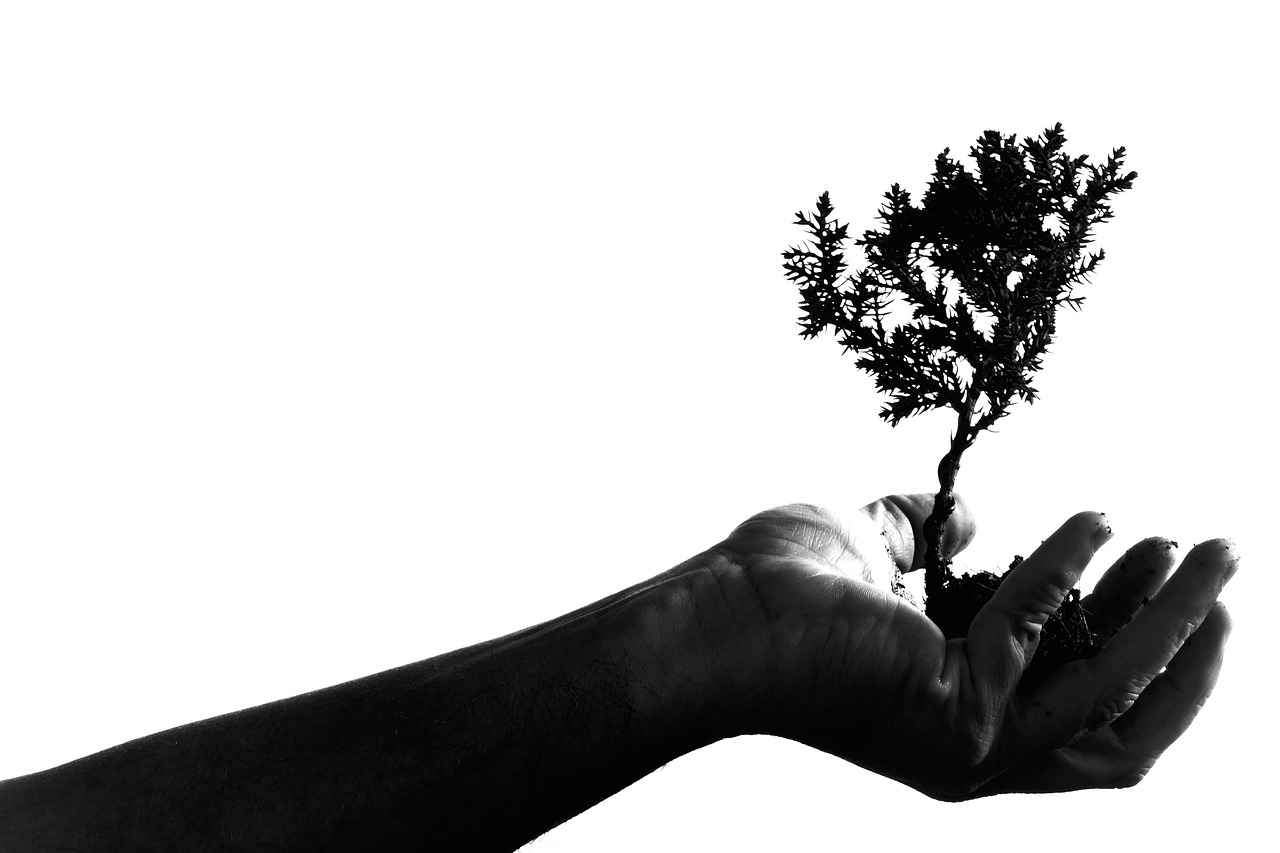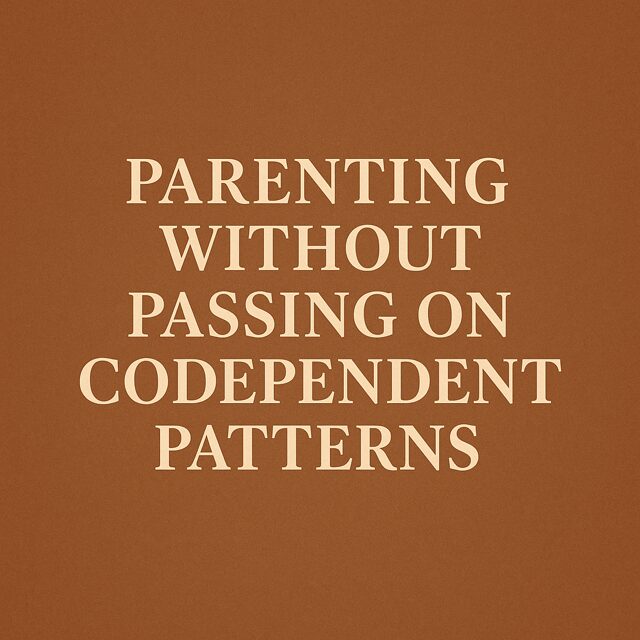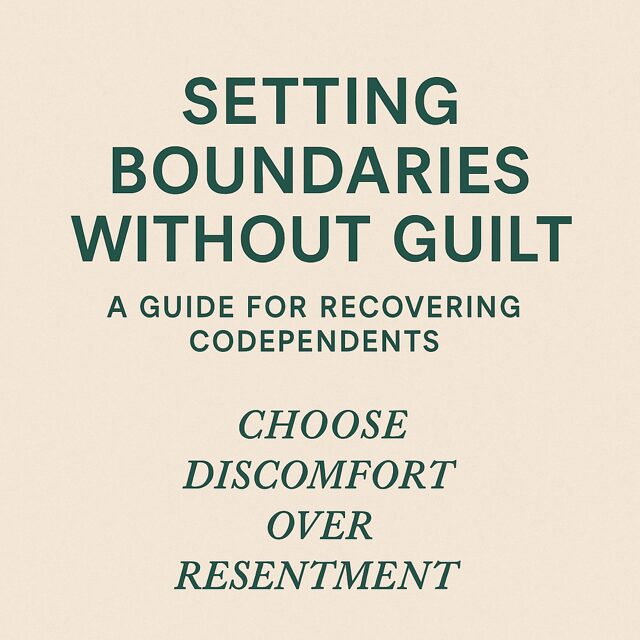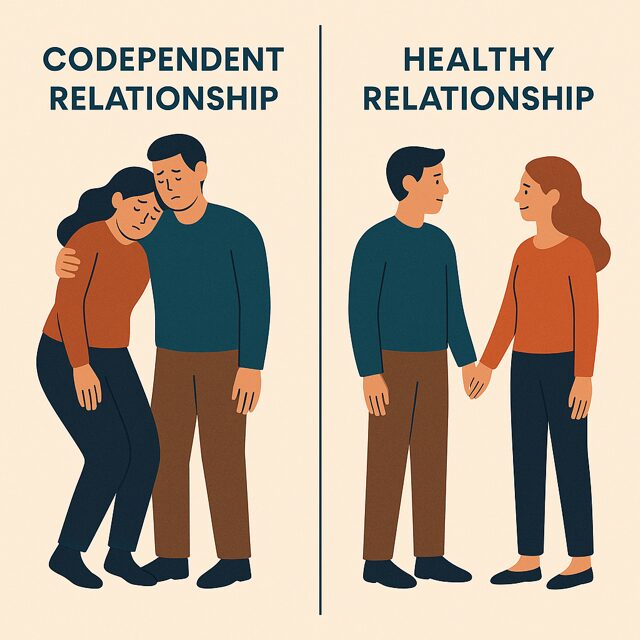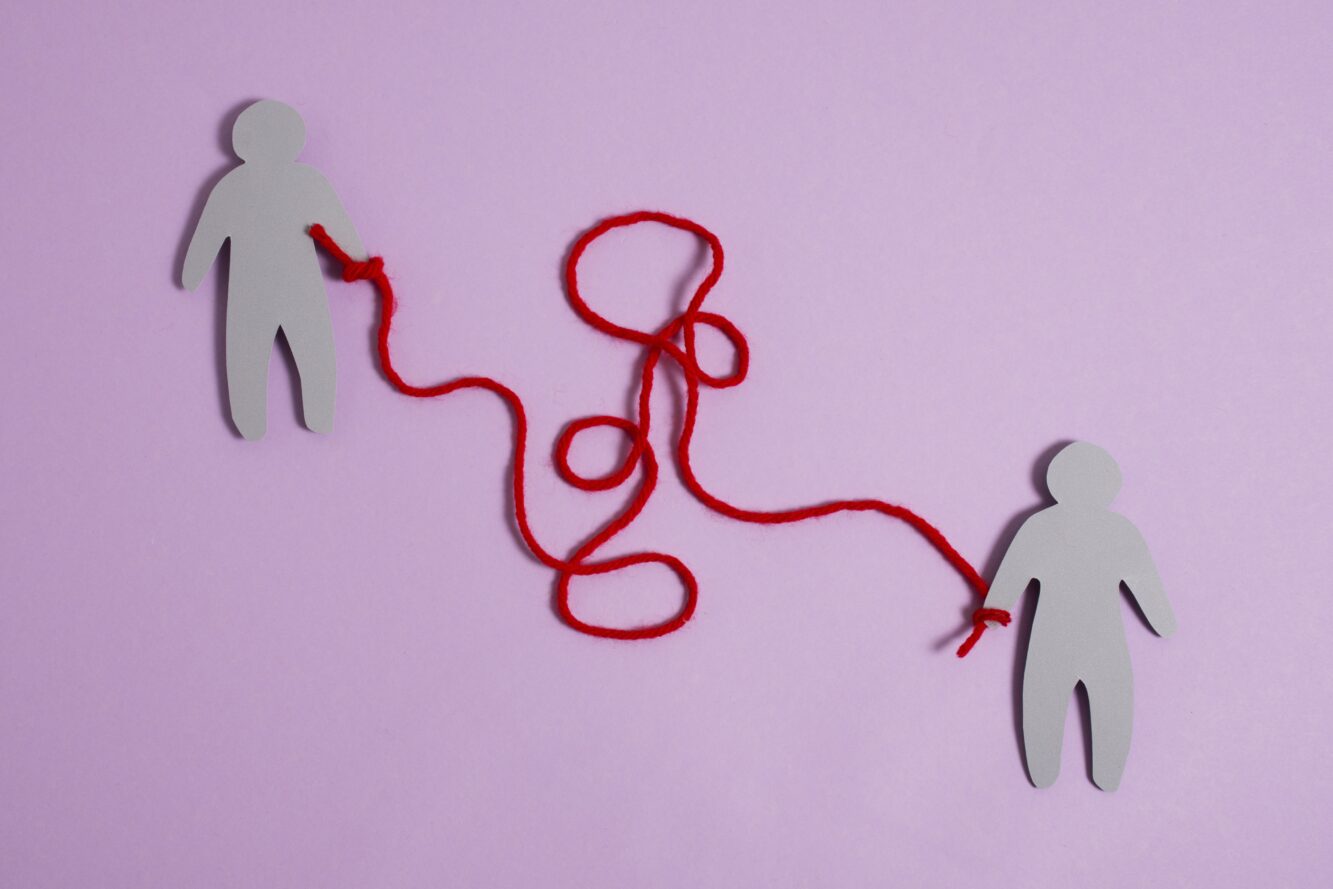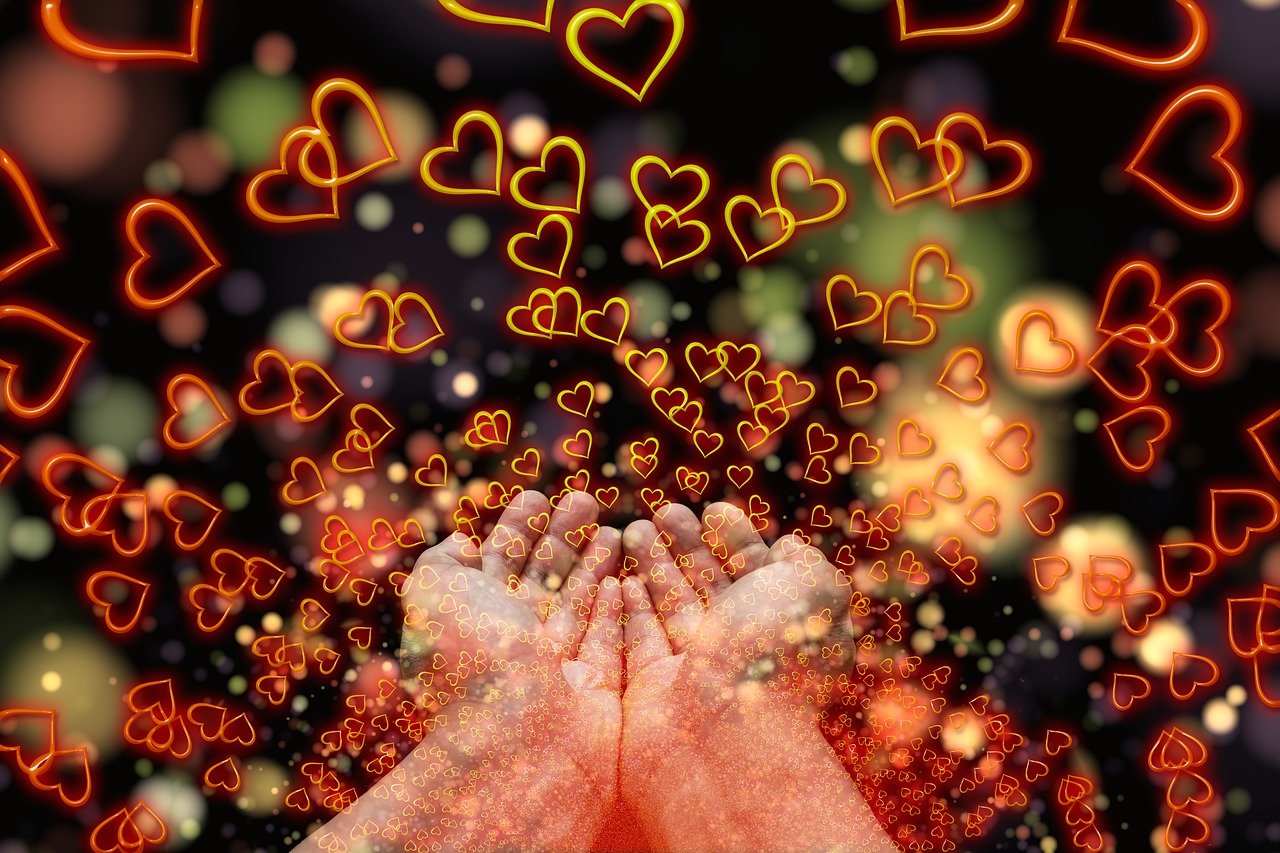Understanding Why We Lose Ourselves in Relationships—and How to Heal We all long for connection. But for some, relationships can feel like an emotional rollercoaster—full of giving, pleasing, fixing, and, too often, losing ourselves in the process. If you find yourself over-functioning in relationships, neglecting your own needs, or feeling responsible for other people’s emotions, …
Continue reading “The Hidden Link Between Attachment Styles and Codependency”

